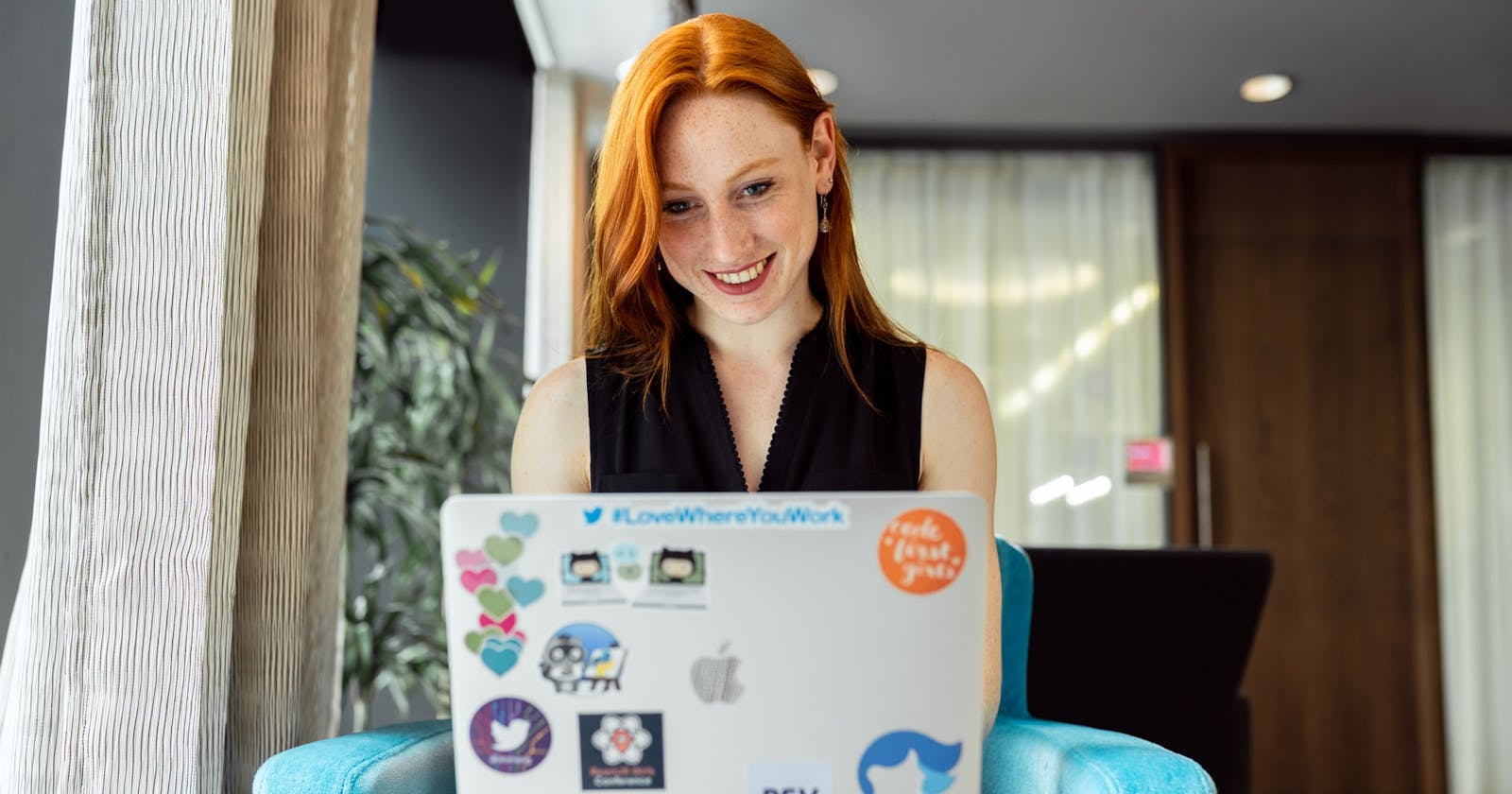Learning is intensive, not romantic and we all need to understand what we are learning from word to word and deep understanding of the concept.🧠
Remind yourself how much you have to learn
The first step in learning something new recognizing that you don't know it. That sounds obvious, but experienced programmers remember how long it took to overcome the personal assumption.
Stop trying to prove yourself right
Novice software developers (and too many experienced ones) look at their code to admire its wonderfulness. They write tests to prove that their code works instead of trying to make it fail. Truly great programmers actively look for where they’re wrong—because they know that eventually, users will find the defects they missed.
The code works is not where you stop, it is where you start
Great programmers know that the first iteration is just the first iteration. It works— congratulations!—but you aren’t done. Now, make it better. Part of that process is defining what “better” means. Is it valuable to make it faster? Easier to document? More reusable? More reliable? The answer varies with each application, but the process doesn’t.
Write it three times
First, you write the software to prove to yourself (or a client) that the solution is possible. The second time, you make it work. The third time, you make it work right.
Read code. Read lots of codes
When you read others' code, you see how someone else solved a programming problem. But don’t treat it as literature, think of it as a lesson and a challenge. To get better, ask yourself.
Write codes not just as an assignment
Working on personal programming projects has many advantages. For one, it gives you a way to learn tools and technologies that aren’t available at your current job, but which make you more marketable for the next one. Whether you contribute to an open-source project or take on pro-bono work for a local community organization, you’ll gain tech skills and self-confidence. (Plus, your personal projects demonstrate to would-be employers that you’re a self-starter who never stops learning.)
Work one-on-one with other developers way you can
When you contribute to an open-source project, pay attention to the feedback you get from users and from other developers. What commonalities do you see in their criticism? You might be lucky enough to find a personal mentor whom you can trust to guide you in everything from coding techniques to career decisions. Don’t waste these opportunities.
Conclusion
Above aforementioned are the ways I found that have been using thus far in my programming journey.
if you know more, feel free to drop them in the comments! your opinions are always welcome.✌️
if you found this article interesting and fascinating🤗 don't forget to hit the like button
